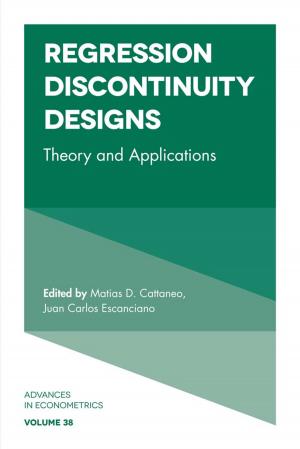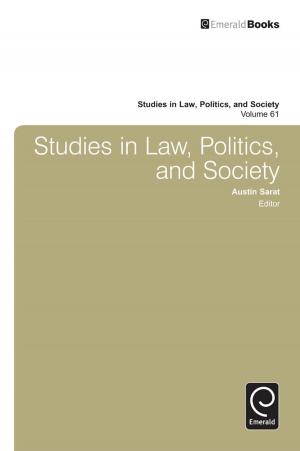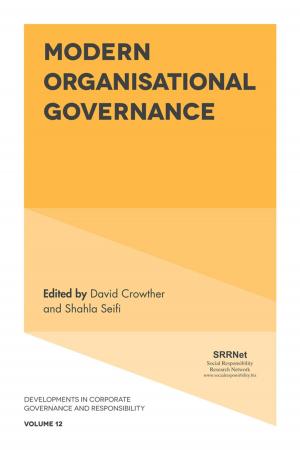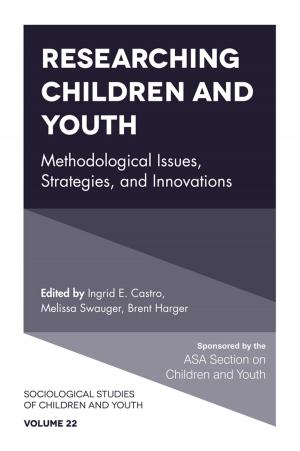Civil-Military Relations in Taiwan
Identity and Transformation
Nonfiction, Social & Cultural Studies, Political Science, International, International Security, History| Author: | Dean Karalekas | ISBN: | 9781787564817 |
| Publisher: | Emerald Publishing Limited | Publication: | September 7, 2018 |
| Imprint: | Emerald Publishing Limited | Language: | English |
| Author: | Dean Karalekas |
| ISBN: | 9781787564817 |
| Publisher: | Emerald Publishing Limited |
| Publication: | September 7, 2018 |
| Imprint: | Emerald Publishing Limited |
| Language: | English |
The armed forces of the Republic of China (ROC) on Taiwan are in dire need of reform to address a plethora of problems including inadequate training, low morale, poor public perception, and low recruitment numbers. This book uses the postmodern military model to measure how public perception of the military is influenced by self-identification in Taiwan, and it shows that the public has little confidence or trust in their military, even as they remain acutely aware of the threat posed by an increasingly belligerent China and its ever-growing People's Liberation Army.
While there has been much analysis as to what strategies and weapons systems should be adopted by ROC defense planners, relatively little has been written on how to create a more relevant military within Taiwan society. Ultimately, this book addresses these matters and provides policymakers within the ROC government and military, as well as researchers of Asia Pacific security, with an understanding of the current relationship between military and society, to assist in the creation of a more accountable military.
The armed forces of the Republic of China (ROC) on Taiwan are in dire need of reform to address a plethora of problems including inadequate training, low morale, poor public perception, and low recruitment numbers. This book uses the postmodern military model to measure how public perception of the military is influenced by self-identification in Taiwan, and it shows that the public has little confidence or trust in their military, even as they remain acutely aware of the threat posed by an increasingly belligerent China and its ever-growing People's Liberation Army.
While there has been much analysis as to what strategies and weapons systems should be adopted by ROC defense planners, relatively little has been written on how to create a more relevant military within Taiwan society. Ultimately, this book addresses these matters and provides policymakers within the ROC government and military, as well as researchers of Asia Pacific security, with an understanding of the current relationship between military and society, to assist in the creation of a more accountable military.















